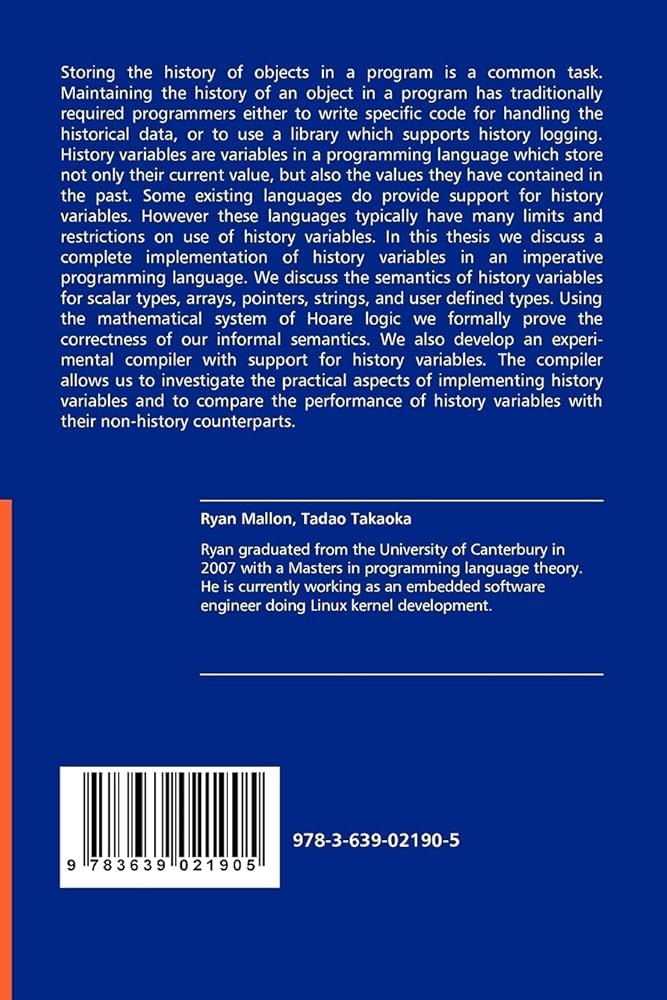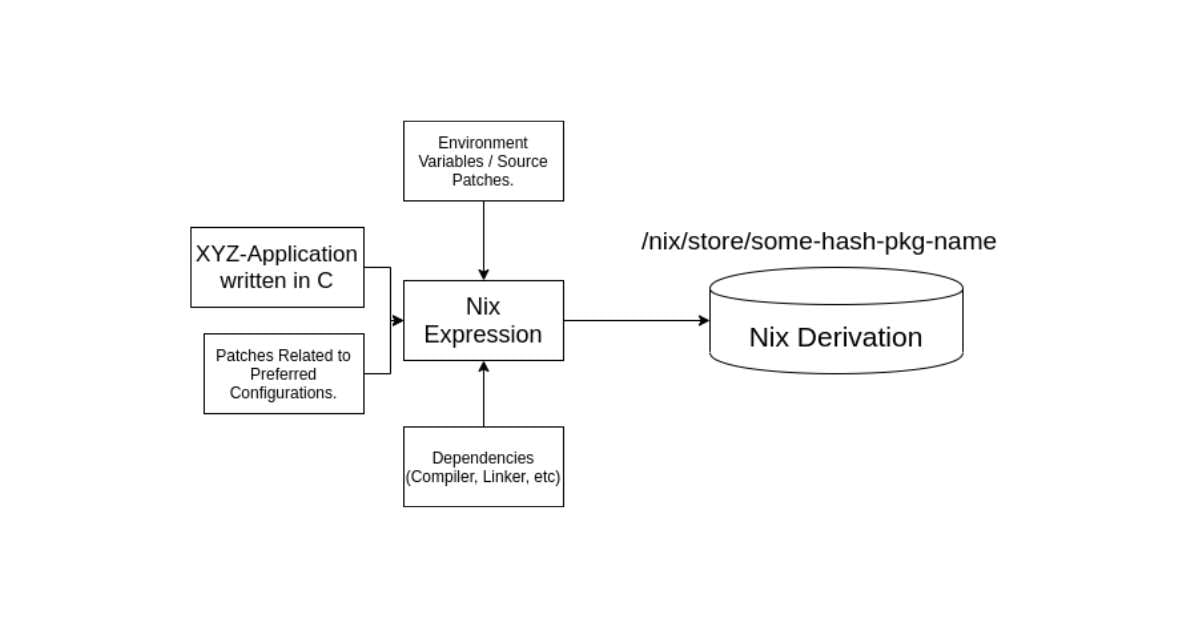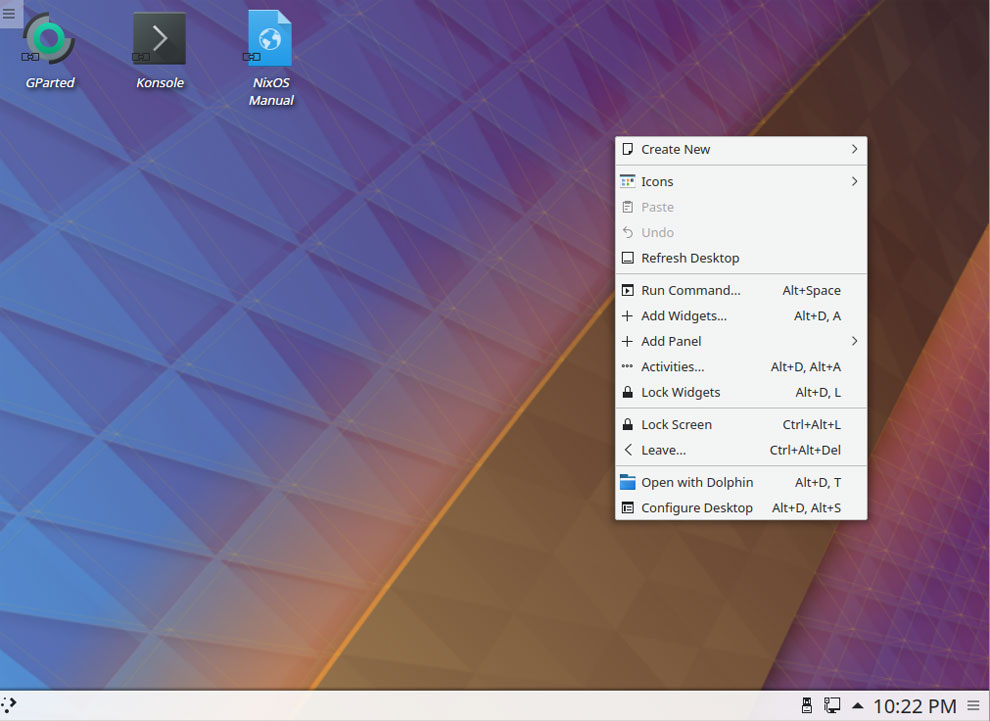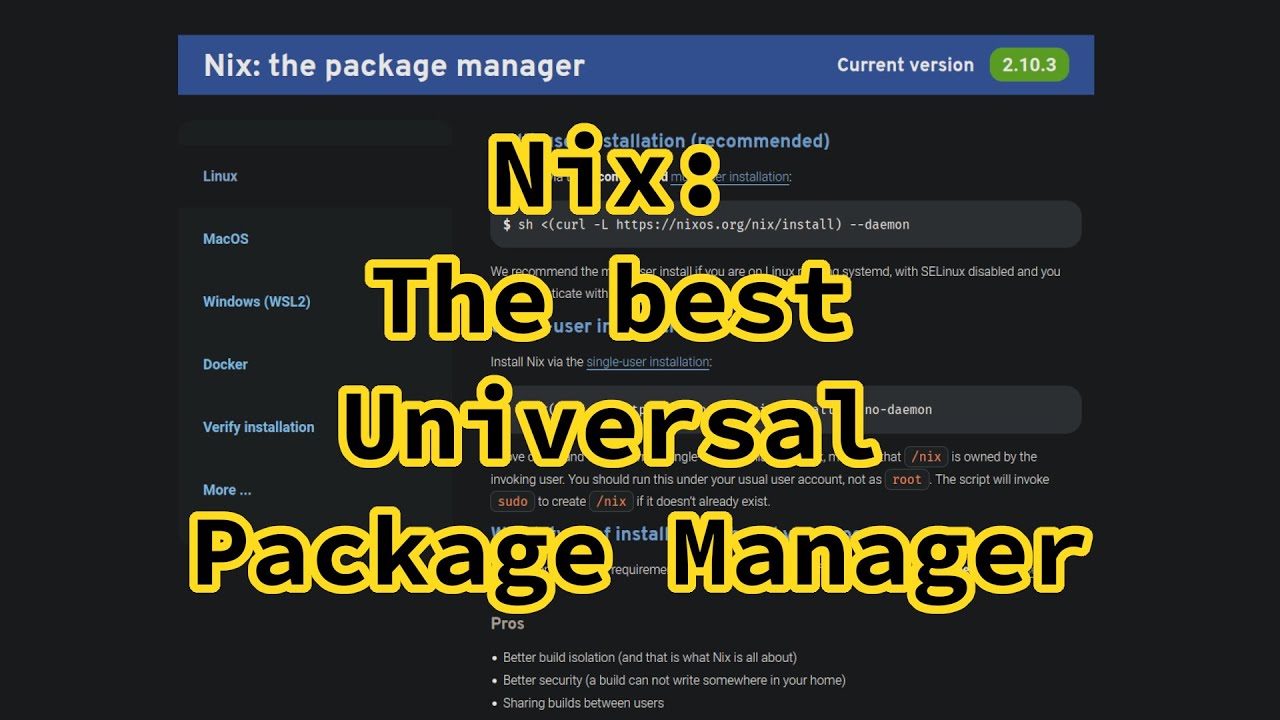
The Evolution of Linux: From C to C++ to Rust
The world of operating systems is a complex and ever-evolving landscape. One of the most iconic and influential operating systems, Linux, has seen its fair share of controversies and debates over the years. In this article, we delve into the history of Linux’s programming languages and the ongoing discussions surrounding its development.
The C vs. C++ Debate
The debate between C and C++ in the Linux Kernel has been a long-standing one. While C has been the language of choice for system programming since the inception of Linux, the rise of C++ brought about new possibilities and challenges. Linus Torvalds, the creator of Linux, has been vocal about his preference for C over C++, citing concerns about the language’s complexity and potential for misuse.
The Rise of Rust
In recent years, the programming language Rust has emerged as a strong contender for systems programming, offering a balance between performance and safety. Advocates for Rust argue that it provides a modern alternative to C and C++, addressing many of the shortcomings of the older languages.
The Linux Foundation’s Role
The Linux Foundation, a key player in the open-source community, has played a pivotal role in shaping the future of Linux and open-source software. With a focus on collaborative innovation and community building, the Foundation has facilitated the adoption of new technologies and standards within the Linux ecosystem.
Embracing Change
As the technology landscape continues to evolve, the Linux community faces new challenges and opportunities. The integration of Rust into the Linux Kernel, alongside ongoing discussions about the role of C and C++, reflects a willingness to embrace change and adapt to the demands of modern computing.
Looking Ahead
The future of Linux remains bright, with ongoing efforts to enhance performance, security, and developer experience. By staying true to its open-source roots and fostering a culture of innovation, Linux is poised to remain a cornerstone of the digital world for years to come.















